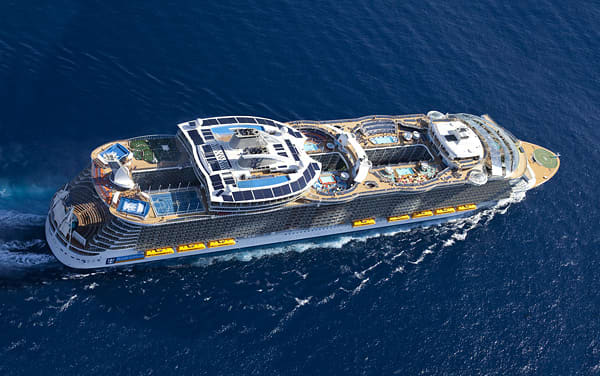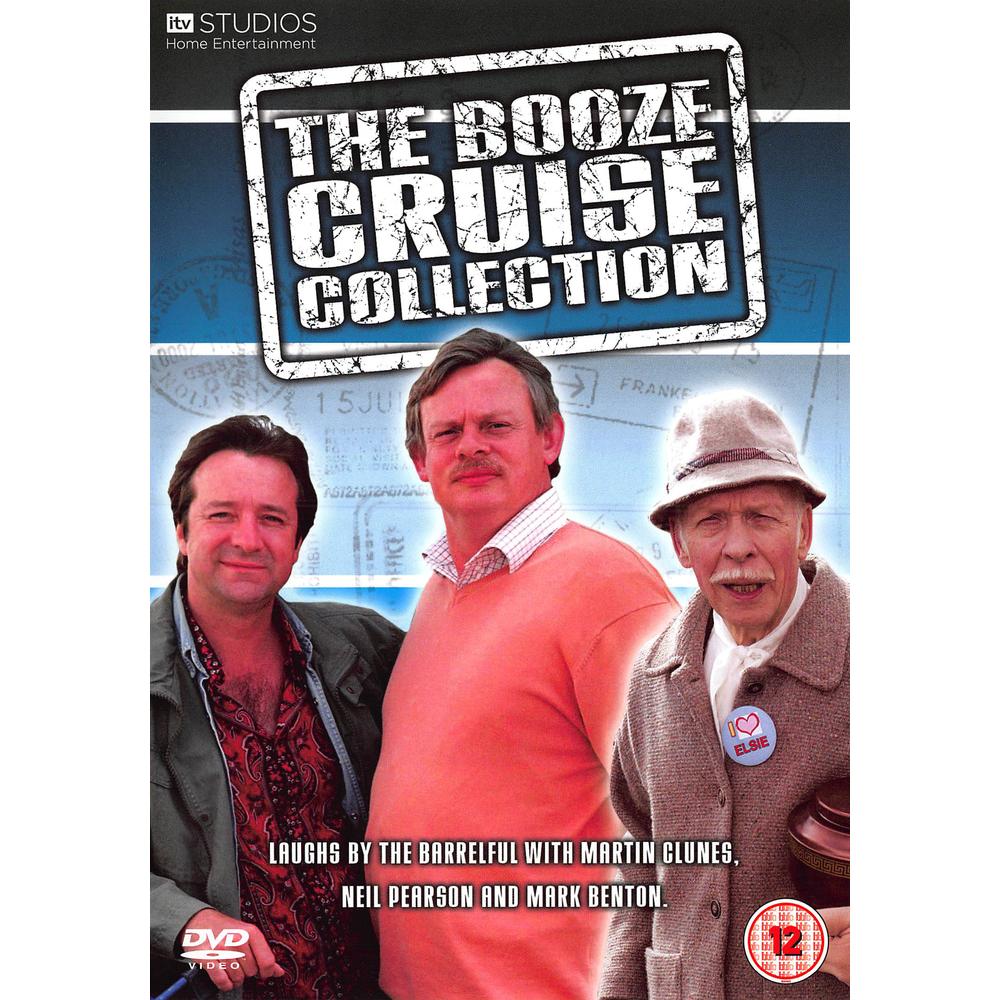
The Cruise Lines International Association (CLIA) is the world's largest cruise industry trade association. It is responsible for more than 90% of the global ocean-going cruise capacity. CLIA collaborates with its member line to ensure that the environment of cruise ships is safe, healthy, and sustainable. CLIA members strive to provide the best possible vacations for their customers as a leader in responsible tourism.
Members include cruise lines, destinations, ports, suppliers, and travel agents from across the globe. They service approximately 30,000,000 passengers annually. In addition, they engage in research, training and marketing communications to keep consumers informed about cruising.
CLIA serves as a trade association worldwide, providing its members the tools and support they need. By combining the expertise of the CLIA's executives with a powerful membership network, the organization is able to serve as the voice of the industry.
Although the industry is facing many challenges, it is still one of the most vital economic sectors in the port communities. It supports almost half amillion American jobs and contributes $55B to the US' economy. This is an economic asset that continues to drive port communities around the world.

The cruise lines have invested heavily on technology and advanced ventilation systems. They also have eliminated high-touch surface. For example, crew now manage buffets rather than waiters. Pre-cruise testing for all ships is required. Many companies have developed health protocols in order to protect their passengers' health.
The government was not forthcoming with any clarity for the cruise industry after Hurricane Maria. However, CLIA led an aggressive campaign that took a stand and gave the industry a clear message. Through a call to action, CLIA urged its membership networks to act. With the help of their community, they were capable to send over 155,000 messages directly to Congress.
CLIA published the CLIA International Cruise Industry Environmental Technology and Practices Inventory in order to promote the mission and goals of the cruise industry. This report provides a detailed analysis of the cruise ship environment, and highlights how the industry is making progress toward a more sustainable future.
CLIA's last report was released as ocean-going membership signed a new agreement to become carbon neutral by 2020. Advanced Wastewater Treatment Systems will be installed on all 16 new cruise ships, which will account for 81 percent of industry capacity.
CLIA works with more than 16,000 affiliated travel agencies in North America. CLIA education programs give travel agents access to information about cruising, including safety, security and sales. CLIA members get an email alert when they join.

The CLIA community has the expertise and resources to make sure the cruise experience is as safe and enjoyable as possible. Their membership includes world-class cruise lines, ports and destinations, suppliers and travel agents.
CLIA strives to offer the best cruise service possible and educate the public regarding cruising trends. To protect the industry's passengers and ensure their safety, CLIA collaborates closely to the US Department of Commerce.
FAQ
Is there anything else I should know before going on a cruise?
You should know many things before going on your first cruise. Remember that you'll be traveling with others. You never know what they think about things so don't be too critical. You will be sharing your meals with strangers. Dress appropriately. Avoid wearing shorts and tank tops while on deck. Wear comfortable clothes that won't get dirty. You should be prepared for extreme temperatures. Pack plenty of sunscreens. You should bring a hat and sunglasses as well as a jacket for when you spend time outdoors. Don't forget to take responsibility for your safety. Don't drink and drive.
Which place should I take on my cruise vacation?
It is important to consider the places you wish to visit if you are looking for different ports of calls. You can also use this information to help narrow down your search. If you are passionate about history, you may want to take a cruise that takes you to places like Alaska, Bermuda and Canada. You may be more interested in water sports and beaches, so you might consider a trip that includes destinations such Jamaica, Aruba. Bahamas, Costa Rica. Panama. Hawaii.
What does a cruise vacation cost?
A cruise vacation costs $1,000 per person plus taxes and fees. A family of four will pay $4,200 on average. This includes all meals and drinks, entertainment, activities as well gratuities.
Can I bring my pet along?
Most cruise lines allow pets traveling on board. There are however some restrictions. First of all, you must make sure that your pet is healthy enough to travel. Pets with serious illnesses should not be taken onboard. A second rule is that service dogs cannot be brought on board. Service dogs are trained in order to aid people with disabilities. Finally, you cannot bring any type of dangerous animal on board.
Statistics
- You can save 15% off the total price if you book in advance of your trip. (travel.usnews.com)
- You'll need to budget around $80 per person per day for this option – and an additional 18% gratuity. (travel.usnews.com)
- *20% Gratuities Apply on Free Unlimited Open Bar; Free Specialty Dining. (ncl.com)
- The line estimates savings of 50% when you purchase this bundle. (travel.usnews.com)
External Links
How To
How to be safe on a cruise ship
On a cruise ship, there are many things you should know before embarking on your journey. Behave properly onboard to avoid any problems. Here are some safety tips you can use to make sure you have a great trip.
-
Always be aware of what is happening around you. People often gather onboard cruise ships to share meals. It is easy to lose sight of your task when you are surrounded by people who want food and chat. This shouldn't distract you from the work you are supposed to do. If you notice someone engaging in dangerous behavior, such as smoking, or drinking alcohol, politely tell them to stop.
-
Always keep your room key close to you when you board the ship, and hand over your room key to the person checking you in. This way, they'll know where to find you if anything happens to you. Keep your passport with you.
-
Keep your valuables out of sight. Most cabins include drawers under the beds. It's a great spot to store money, passports, and credit cards. Keep your valuables out of sight. Your bags should be kept in the closet, so that no one can see them.
-
Keep hydrated. While cruise ships have plenty of water, sometimes it can be difficult for passengers to remember to drink enough. You can take advantage of the complimentary bottled water onboard. Avoid becoming dehydrated. Dehydration can make you tired and cranky, which can lead to fights or other accidents.
-
Be attentive to all announcements. Announcements can also be seen on television screens and in public addresses systems. They contain safety procedures, emergency exits, weather reports, and more. These announcements should be heeded. They may save your life.
-
Never leave your cabin unlocked. No matter how helpful a crew member appears, you should never leave your cabin unlocked. Unlocked doors are often used by thieves to gain entry. If you need to use the restroom, ask a crew member for permission first.
-
Avoid going too far. The crew will need to wait for you to be rescued if you do fall overboard. Your body could be attracted by sharks or other sea animals. The best thing to do is wait until help arrives.
-
Never smoke inside the elevator. These elevators have high pressure, so smoke can build-up quickly. Get out as soon as you feel dizzy. Although the air outside may be fresh, that doesn't mean your breathing is safe.
-
Learn the evacuation procedure. Every year, thousands are killed in elevator accidents. In an emergency, you should follow the instructions displayed on the screen.
-
Make sure you are familiar with the fire drill. Fire drills take place regularly, almost every day. Everyone on deck must evacuate during a drill. Follow the instructions of the crew members. Once the drill has been completed, return back to your cabin.
-
Ask questions before you accept food or drink. Cruisers often experience food poisoning. Many people don't realize that certain foods aren't safe to eat while onboard a ship. On most cruise ships, raw oysters are prohibited. If you're unsure whether or not the food you've been offered is safe, politely refuse and look for another meal instead.
-
You should be cautious when swimming in the pool. Inadvertently falling into pools has been a frequent occurrence. You should not fall into the pools unless someone spots you. It is possible to slip and tumble on the deck at any given moment. Make sure you have the right footwear and pay attention around you.